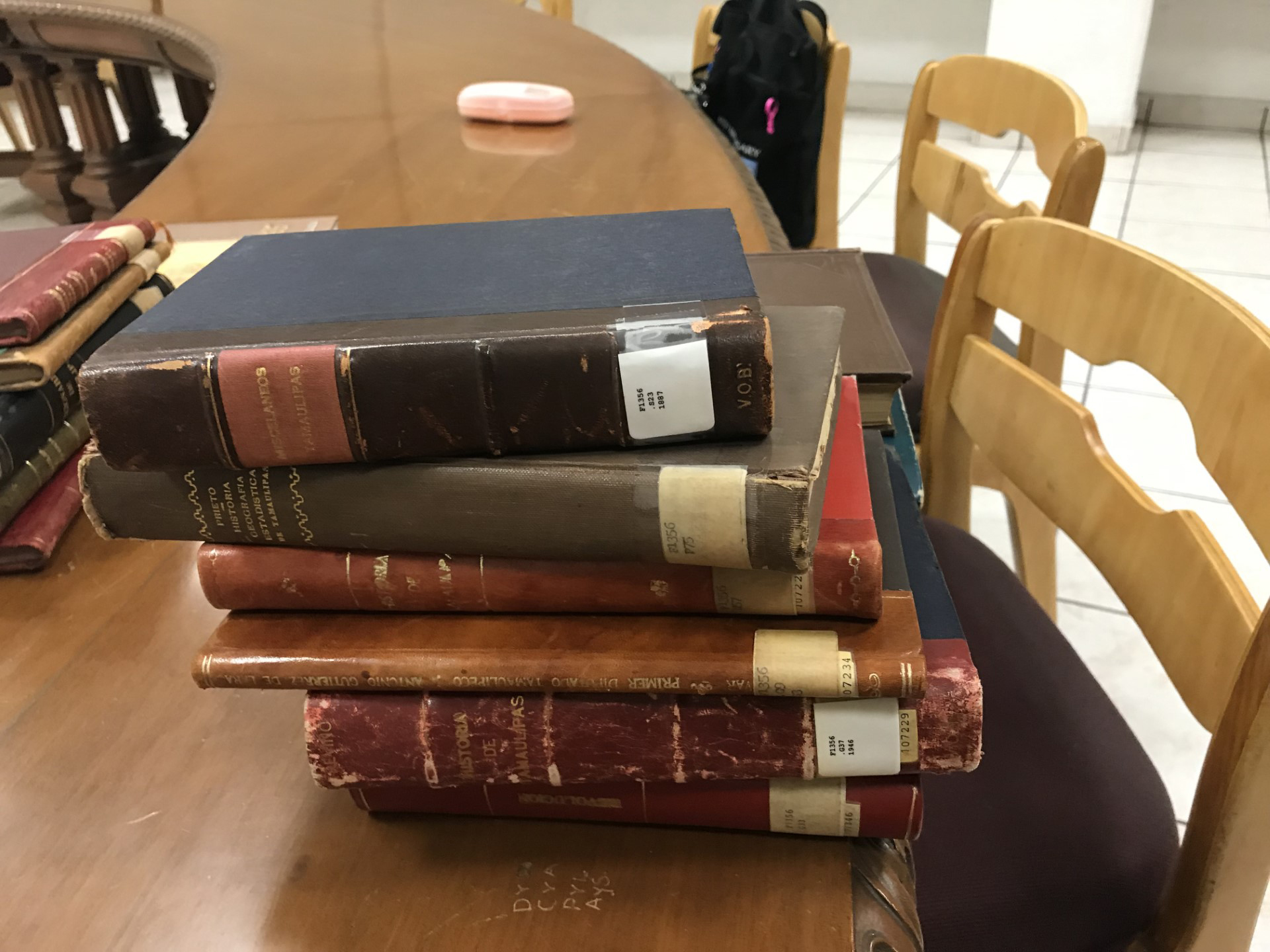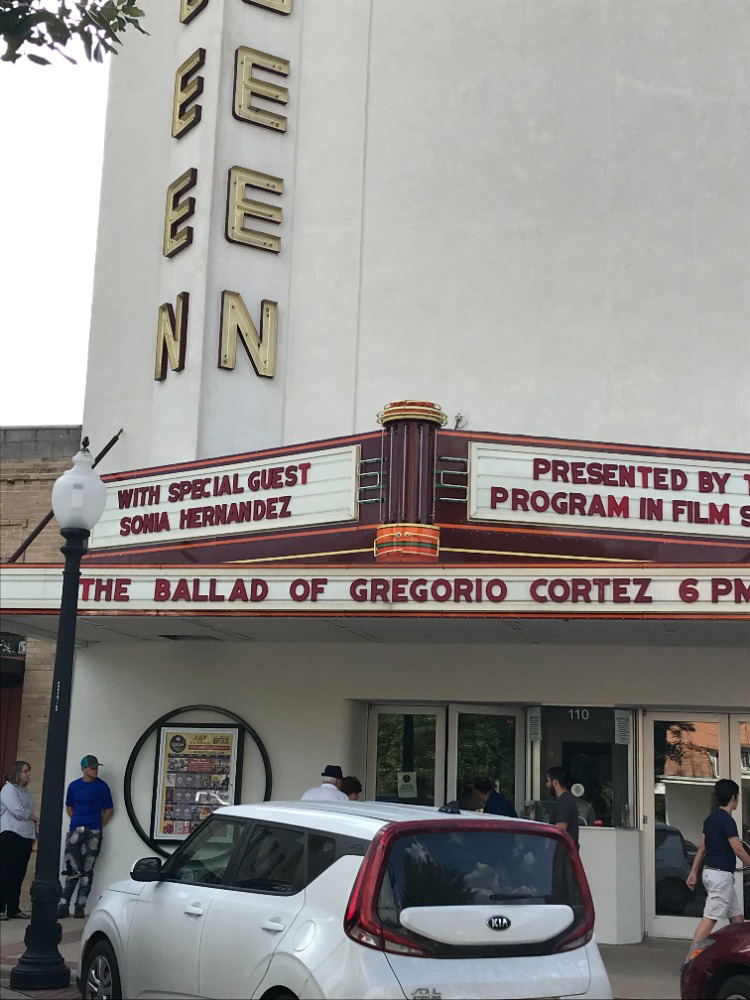
Texas history spans nations, shifting borders and complex political issues that often encompass war and violence. It is through the work of historians that communities can process the past to inform society on the present and future.
One such historian, Texas A&M University professor Dr. Sonia Hernández, is researching a tumultuous event in Texas history — the 1901 lynching attempt of Mexican migrant Gregorio Cortez — thanks to a 2024 National Endowment for the Humanities (NEH) Award for Faculty at Hispanic-Serving Institutions that will support the completion of her book based on her findings.
“This project is based on historical documents, so this is not opinion but evidence-driven,” said Hernández, a member of the Department of History. “It’s important to continue telling these histories based on primary evidence. It’s labor records, government records, correspondence of the period; documents that reveal how people lived and negotiated unfavorable circumstances.”
More On The Story
The seed for Hernández’s project was planted while researching for her first book, Working Women into the Borderlands (2014), when she discovered a file in Monterrey, Nuevo León, Mexico. The 1901 document mentioned Gregorio Cortez, a figure often referenced in Mexican American/Chicano history, through a series of letters between labor collectives in Monterrey and Nuevo Laredo in Mexico and San Antonio and Laredo in Texas at a time when unions were not allowed under either government. The letters feature a conversation on raising funds to support Cortez’s legal fees after his arrest for killing a Texas sheriff in self-defense.
“This is fascinating to me because these Mexican workers were aware of what was happening to a fellow Mexicano worker in Texas across the border,” Hernández said. “This document is great in showing transnational collaboration. I really want to cover this from a transnational perspective, such as looking at what the Mexican government was saying about their compatriots being lynched. You don’t go to a city in another country to find something on Texas. You’d think you’d find it there [in Texas]. But to be an effective historian of la frontera, you need to engage both sides of the border. No one has really revisited this story since Américo Paredes in the 1950s.”

According to Hernández’s preliminary research thus far, Cortez shot and killed a Texas sheriff in self-defense after the sheriff failed to produce an arrest warrant for Cortez. Cortez evaded arrest for two weeks as law enforcement officials pursued him throughout Texas before being caught in Laredo. He was jailed in Gonzalez, Texas, where a mob tried to lynch him before his court date. Cortez was saved by a local sheriff who intervened as the mob attempted to remove him by force.
“The book is going to deal with the stereotypical attitudes regarding Mexican-origin people,” Hernández said. “There’s also a discussion of what would motivate another white Texas sheriff to save Cortez from a lynching. During this time, even sheriffs participated in illegal lynchings. This is also an opportunity to examine racial collaboration. There was a lot of racial tension but also moments where people bypassed or negotiated those racial boundaries.”
Hernández’s book will also cover other aspects surrounding the topic, such as Cortez’s family, to provide a fuller picture of the historical event.
“I grew up along the border, and my father used to play corridos [Mexican folk ballads] of Gregorio Cortez,” Hernández said. “But they never mentioned his wife or his children who were jailed even though they were never formally charged. They could hear all the shouting during the near-lynching attempt of Gregorio. Cortez was given a pardon, but the trauma he and his family endured remained. These are all important to the story.”
Past Documentation, Present Validation
The NEH is an independent federal agency and one of the largest funders of humanities programs in the United States. The NEH promotes excellence in the humanities by awarding grants for top-rated proposals examined by panels of independent, external reviewers. Of the many grants the NEH administers, the Awards for Faculty program supports individual faculty and staff members at Hispanic-Serving Institutions with a $5,000 per month award over 12 months for research in primary materials leading to the development of a book, among other eligible projects.

“I feel like my work has been validated,” Hernández said. “For an external agency of this stature to recognize this work is important for two reasons. One, it recognizes your work as a scholar, [acknowledging] that you’re on the right track and you’re doing what you’re supposed to be doing. The second thing is that the NEH is putting a stamp of approval on the completion of this book, sending a positive message that they care about these stories. This will slowly but surely broaden our understanding of American history.”
Hernández joined the Texas A&M History faculty in 2014 and has served in various capacities during the past decade, including as the department’s graduate placement director, an affiliate of the Women’s and Gender Studies Program and as the former director of the Latino/a and Mexican American Studies program. Hernández is the co-founder of the public history project Refusing to Forget that commemorates the period of widespread, state-sanctioned, anti-Mexican violence on the Texas-Mexico border (1910-20). Her first book, Working Women into the Borderlands (2014), earned the Sara A. Whaley Book Prize for Women and Labor, among other honors, while her second book, For a Just and Better World: Engendering Anarchism in the Mexican Borderlands, 1900-1938 (2021), received the Philip Taft Labor History Book Award. This project has also received a Fulbright García-Robles Fellowship and a Chancellor’s EDGES Fellowship.
“As a labor historian, I care deeply about my working conditions,” Hernández said. “My research has always been supported at Texas A&M. I just made full professor, and that is recognition from the university that what I’m doing is valuable scholarship. Texas A&M University supporting and recognizing scholars early on in their research strongly positions them to receive additional support from these national external agencies.”

